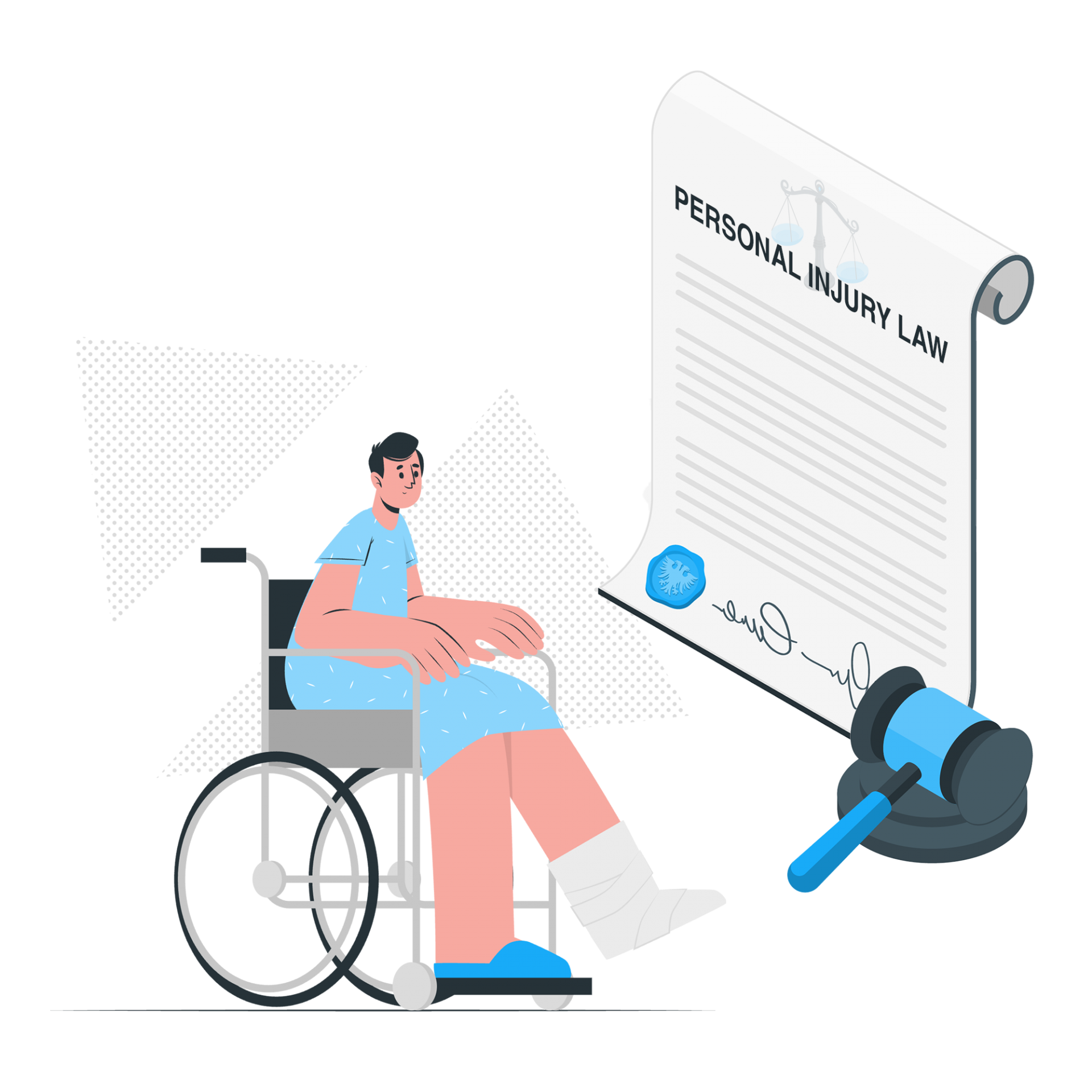Why Medical Records Are Crucial in Personal Injury Lawsuits
Medical evidence is certainly valid information under personal injury cases as it is the major documentation depicting the victim’s injuries and the treatment process they have received. Such evidence plays a vital role in determining the overall extent of the injuries, the duration period required for recovery, and the expenses incurred toward seeking potential medical care. The absence of such compelling medical evidence can make obtaining your claim under personal injury lawsuits challenging.
Etemi Law has a team of experienced personal injury lawyers known for their expertise in proving negligent injuries that were a direct outcome of undergoing a treatment process on your behalf. This blog will delve into valid reasons for having your medical records intact and the possible ways it can be helpful while addressing your personal injury case.
Valid Proof of Injury Existence
The primary purpose of medical documentation is to prove the injury’s existence to the court. Without medical records, demonstrating the facts about your injuries caused by an accident shall become challenging. Documentations provide key objective evidence of your injuries and make it harder for the defense side to neglect them in front of the court.
Causal Relationship Establishment
Medical records are essential in establishing the causal link between your injuries and the accident. Under a personal injury case, you might be in a situation where you have to prove that the negligence caused by the defendant has resulted in injuries to your side. Medical documents support such claims as they deal with information related to the nature of your injuries, their severity, and the timeline taken to provide treatment, connecting every other nuance of injuries that occurred due to the accident.

Demonstrates the Severity of Your Injuries
The overall severity of your injuries plays a major role in determining the kind of compensation you can receive after filing a personal injury lawsuit. Medical records incorporate detailed information related to the extent of the injuries, the treatment requirements, and the outcome of the given condition. Such evidence demonstrates the severity of your injuries, justifying the kind of compensation you have been seeking in the first place.
Calculating Potential Damages
Medical documentation helps calculate the damages that you have been entitled to face by the defendant. Such records provide information about your medical expenses, treatment costs, medical bills, and rehabilitation. Adding to these, the records can help determine future medical costs and let you seek valid compensation for ongoing and upcoming medical expenses, considering the injuries caused by medical negligence.
How Does Lack of Medical Records Harm Your Personal Injury Lawsuits?
A comprehensive medical record yields personal injury claims, while the ones said to be lacking in detail or showing gaps in terms of treatment can any day turn against you in court. Without solid documentation related to your injuries and the treatments undertaken, validating your personal injury lawsuit will be difficult, as there is a lack of evidence in the submitted medical records. It can even negatively impact the compensation you expect from an injury claim. Also, hosting unclear medical documentation shall undermine your credibility toward applying for a claim.
Wrapping It Up
While navigating the complexities of a personal injury lawsuit claim, rely on services provided by a reputed lawyer to understand the possibilities and take the right steps toward medical record submission. They shall widely guide you through the lawsuit process and ensure no less liable medical records are submitted from your side. Secure your personal injury lawsuit compensation by working with an expert lawyer.

